AUGUSTA — The agency that oversees emergency medical services in the state had no legal authority to require vaccinations, including against COVID-19 or the flu, to work as an emergency medical technician, a lawyer argued before the state’s highest court Tuesday.
At issue before the Maine Supreme Judicial Court, sitting Tuesday at the Capital Judicial Center as the Maine Law Court, is the appeal of a lower court’s dismissal of a lawsuit claiming that Maine Emergency Medical Services overstepped its authority in requiring emergency medical services workers to be vaccinated against COVID-19 and influenza.
Attorney Terry Mitrenga, speaking for the plaintiffs in the case of Chris Calnan v. Sam Hurley, et. al., argued that the authority to require vaccinations rests only with the state Department of Health and Human Services, which regulates other health care professionals. In that light, she said, Maine EMS exceeded its authority by requiring COVID and influenza vaccinations for anyone working as an EMT in the state.

Terry Mitrenga, attorney for the plaintiff, answers questions during oral arguments Tuesday in Augusta before the Maine Supreme Judicial Court. Joe Phelan/Kennebec Journal
“It’s a constitutional issue of bodily integrity,” Mitrenga argued before the six justices present for Tuesday’s session. She said the legislation creating Maine EMS made no mention of vaccine mandates, and without that delegation of authority, the board does not have the power to require them. That power, she said, was given by the Maine Legislature to the state DHHS. The Maine EMS board, she said, is “literally taking legislative powers that were given to another agency.”
Sarah Coleman, a state assistant attorney general, countered that the Maine EMS board is charged with ensuring the safety and optimum treatment of patients, and that includes requiring EMTs to be vaccinated against highly contagious diseases. She said the board thus acted well within its authority in requiring vaccinations for workers so closely involved with providing care to patients.
“A party’s disagreement with policy is not enough to invalidate a rule,” Coleman said.
She said Maine EMS clearly has the authority, and duty, to regulate EMS workers, and the members of its board have the expertise to do so.
Some of the Supreme Court justices suggested the case may have been made moot by recent changes to Maine EMS rules.
Maine EMS, following the lead of DHHS, which ceased requiring other health care workers to be vaccinated against COVID, effective at the start of this year, no longer requires COVID vaccinations for EMTs.

Associate Justice Wayne R. Douglas, left, watches as Associate Justice Catherine R. Connors asks a question during oral arguments in a case about the authority of Maine Emergency Medical Services to require emergency medical workers to be vaccinated. Joe Phelan/Kennebec Journal
Wil O’Neal, director of Maine EMS, said Tuesday COVID-19 is no longer listed as a disease subject to the agency’s immunization requirements, effective Jan. 10, 2024.
Influenza vaccinations are still required for emergency medical services workers directly engaged in providing care to patients. However, even those workers may be exempt from that requirement if they sign on to a “masking agreement” with Maine EMS.
The masking agreement, made available by Maine EMS on Jan. 10, allows an emergency medical services worker who refuses immunization for seasonal influenza to continue to work if they agree to wear, at a minimum, a procedural/surgical mask while providing direct patient care.
The case was initially heard in Kennebec County Superior Court, where it was dismissed. The dismissal was later appealed to the Maine Supreme Court.
Chief Justice Valerie Stanfill said the justices would take the case under advisement and later issue a written decision.
Justices, through questioning on Tuesday, sought to determine whether Maine EMS had the authority to require vaccinations under its general role in ensuring emergency medical workers provide proper patient care.
“Is that not broad enough to permit this rule?” Justice Wayne Douglas asked Mitrenga, who answered no.
Justice Andrew Mead asked Coleman if she agreed that there is a significant difference between rules needed to run an organization “as opposed to injecting a foreign substance” into medical services workers as a job requirement. She replied that requiring vaccinations is part of Maine EMS’s responsibility to ensure the proper care and treatment of patients.
Maine EMS still requires emergency medical services workers who provide direct care to patients to be immunized against mumps, measles, pertussis, and varicella, according to its medical services system rules, effective Jan. 10. However, of those, only pertussis, at every 10 years, requires more than a one-time vaccination, compared to the influenza vaccination, which is required annually.
Send questions/comments to the editors.


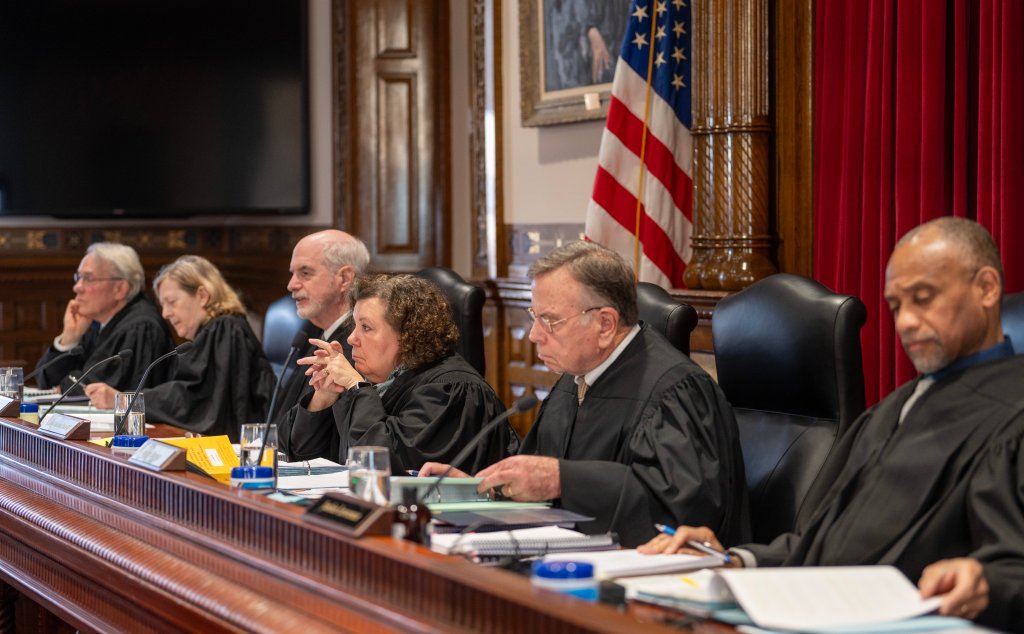
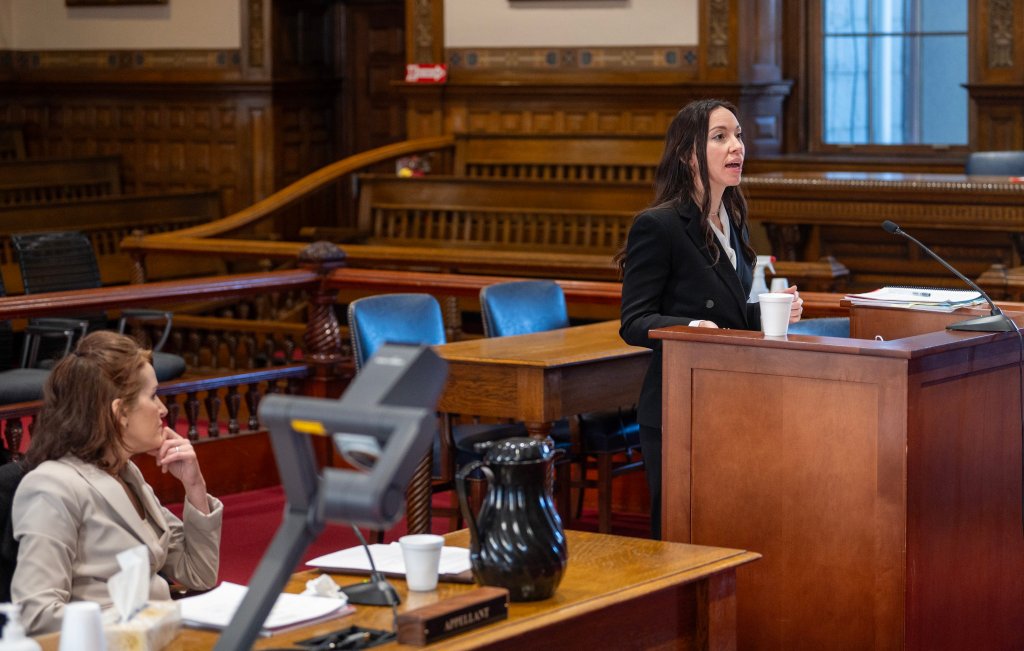
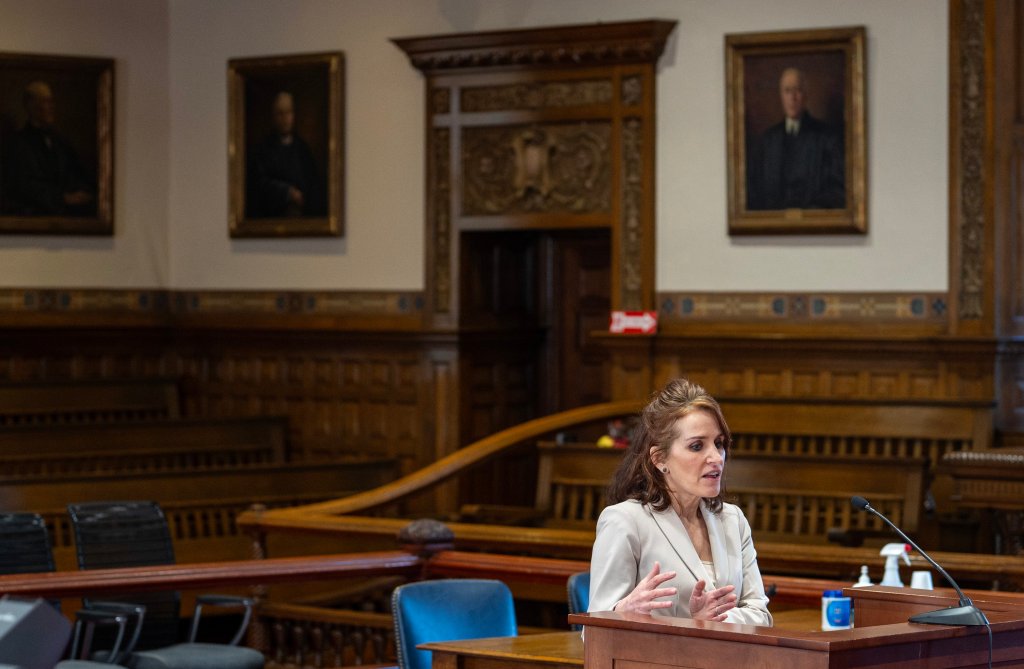
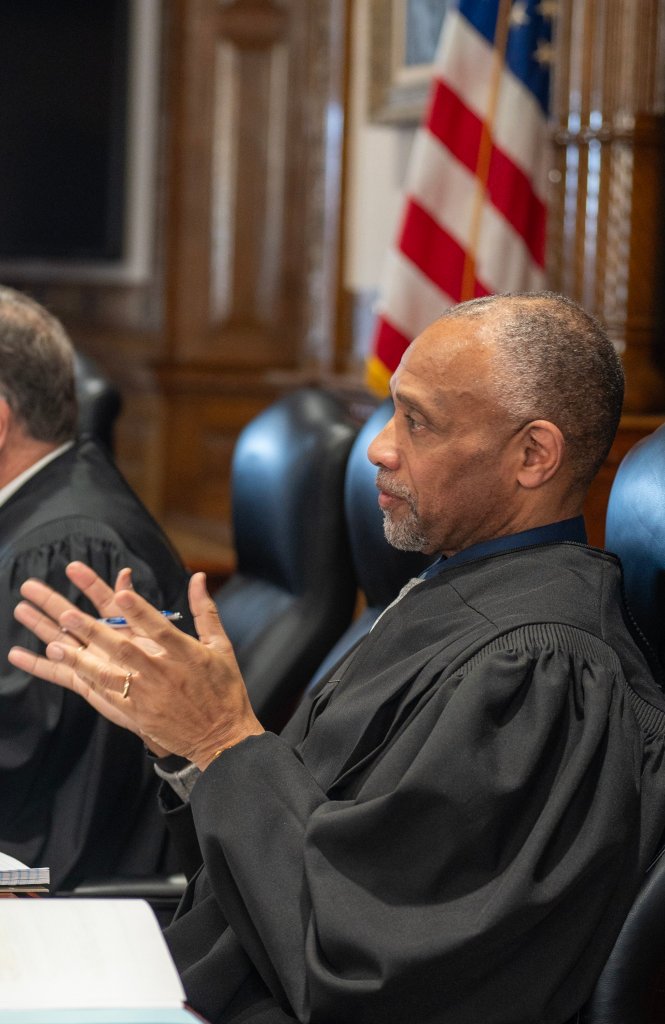
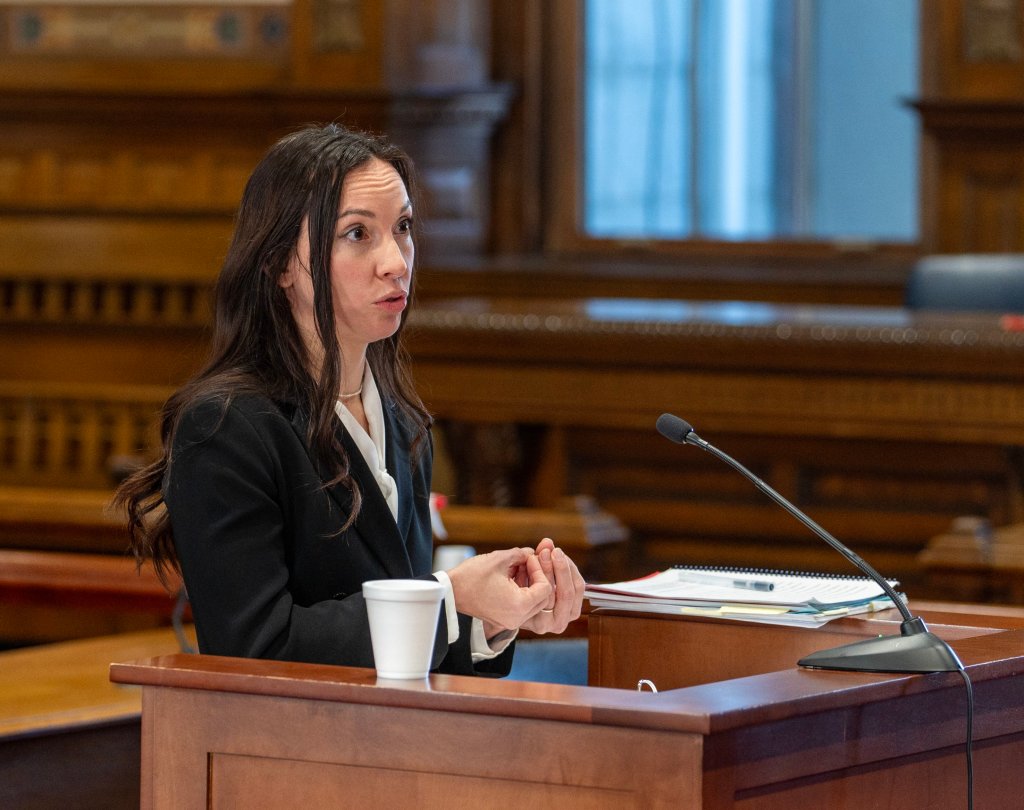

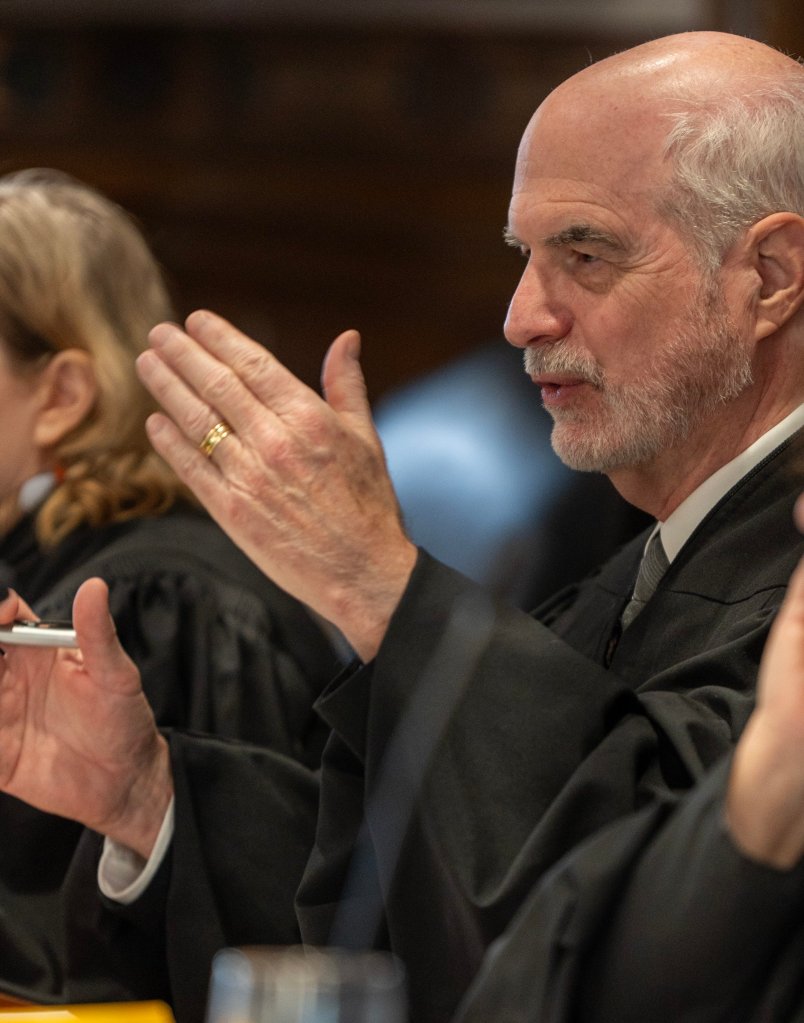
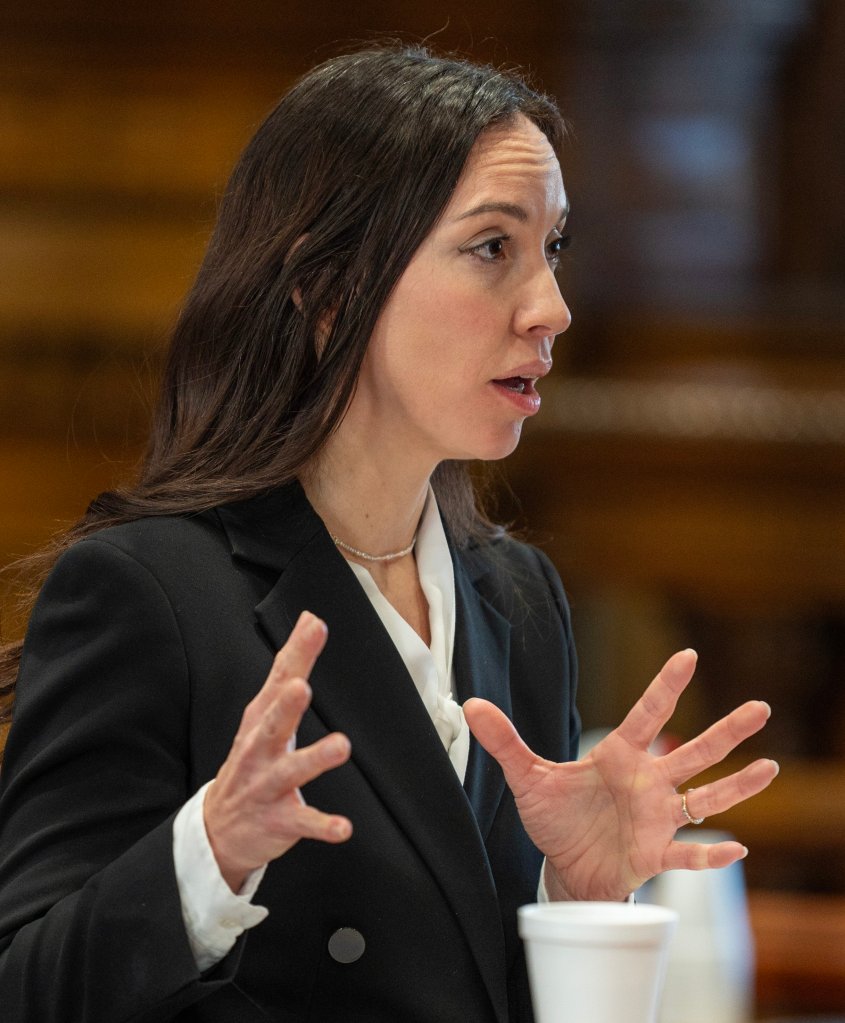

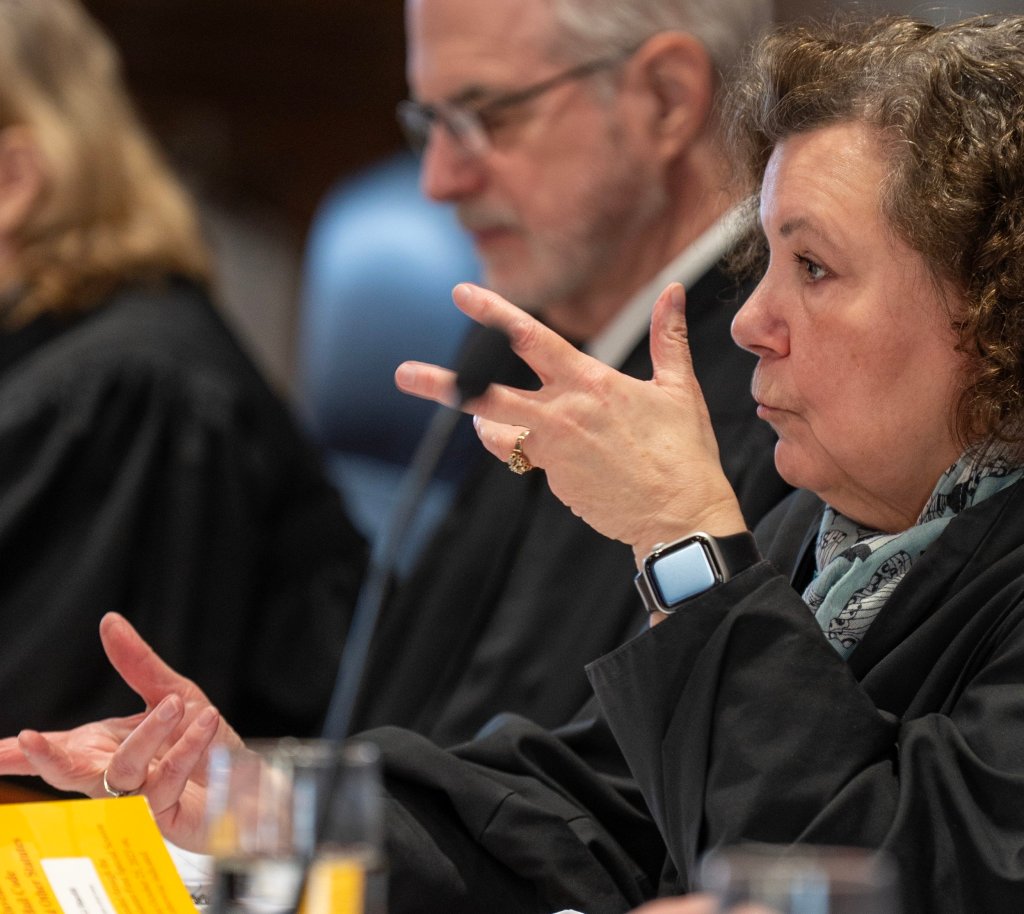
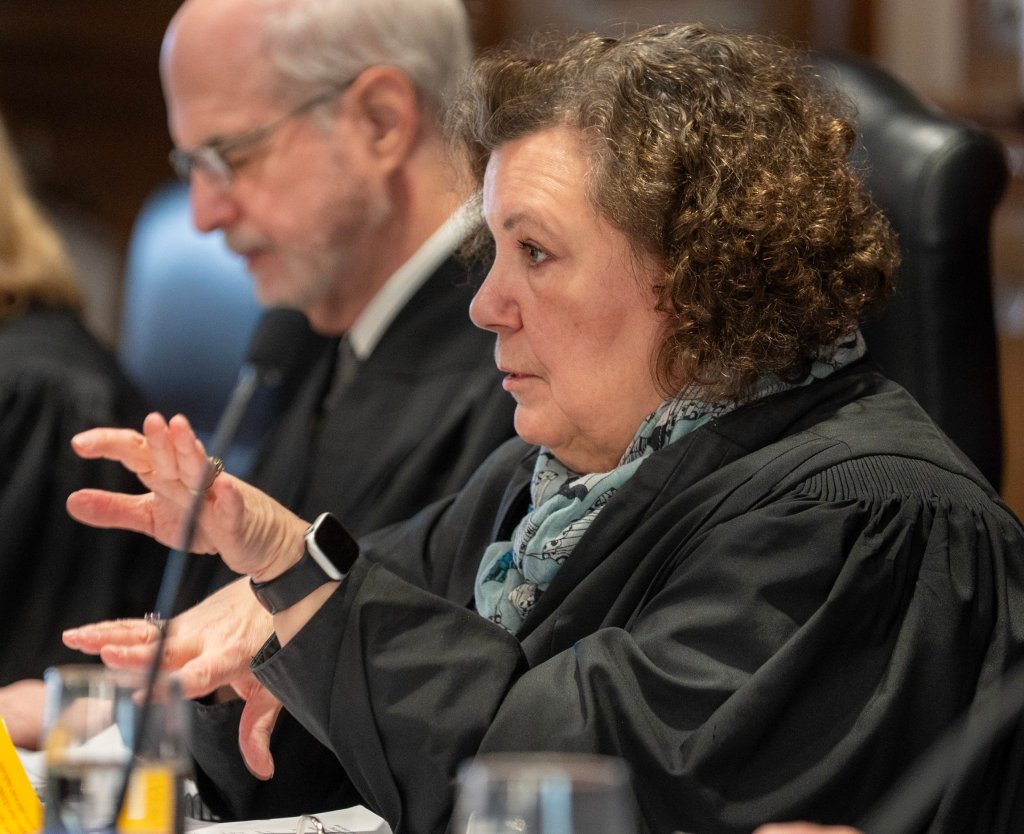
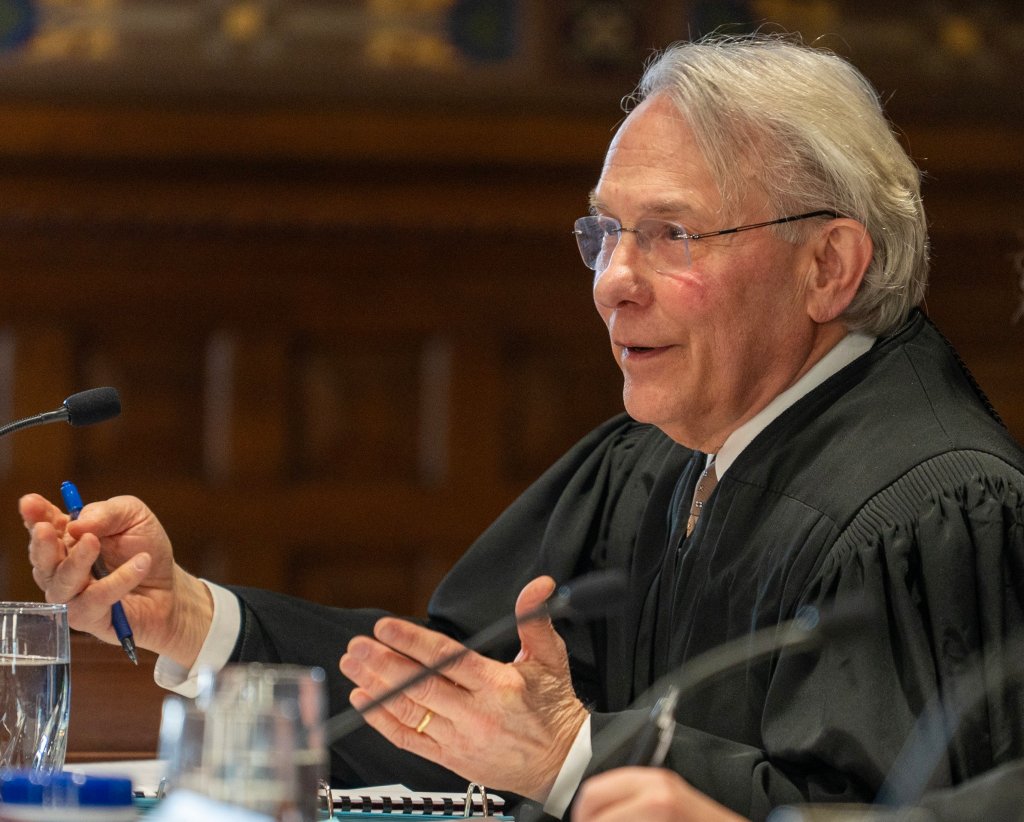


Comments are no longer available on this story